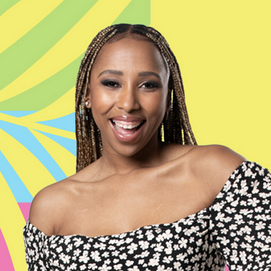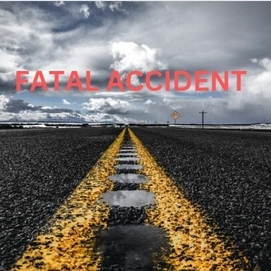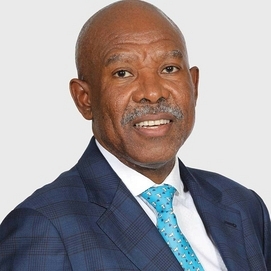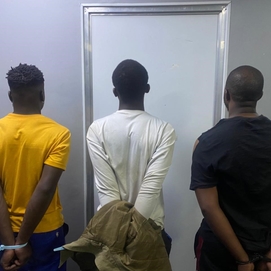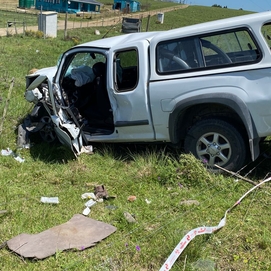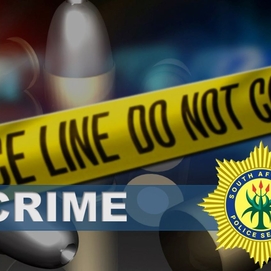Ballot counting was under way Thursday after South Africans queued long into the night to vote in a watershed election that could spell the end of the ANC's 30-year-old unchallenged majority.
Counting began in each voting station shortly after polls closed, in some cities long after the planned 9:00 pm (1900 GMT) Wednesday shutdown, with long queues of voters snaking into the night.
The final result is not expected to be known before the weekend, but observers will scour turnout figures and partial results to predict whether the ruling African National Congress (ANC) has finally lost its overall parliamentary majority.
If President Cyril Ramaphosa's party drops below 50 percent for the first time since it came to power in 1994 -- in South Africa's first democratic, post-apartheid election -- it will force him to seek coalition partners if he is to be re-elected by parliament to form a new government.
The Independent Electoral Commission (IEC) said a last-minute rush in urban voting and high turnout were to blame for Wednesday's late finish, but many voters complained at polling stations that the three-ballot system was too complex.
"We are experiencing a late surge and are processing a large number of voters," IEC chief Sy Mamabolo told reporters, predicting that the final turnout figure would be "well beyond" the 66 percent recorded in the last election in 2019.
- Corruption scandals -
The ANC has dominated South African politics since the late liberation leader Nelson Mandela won the country's first democratic election and began an unbroken run of five presidents from the party.
The party remains respected for its leading role in overthrowing white minority rule, and its progressive social welfare and black economic empowerment policies are credited by supporters with helping millions of black families out of poverty.
But over three decades of almost unchallenged rule, the party leadership has been implicated in a series of large-scale corruption scandals, while the continent's most industrialised economy has languished and crime and unemployment figures have hit record highs.
In Durban, accountant and first-time voter Sibahle Vilakazi, 25, found herself trapped in a huge queue winding away from her polling station but insisted she would not be daunted.
"We're honestly in need of change in this country and I think that is why the queues are so long," she said. "I'm not giving up, we need to see the change."
In Soweto, Kqomotso Mtumba, a 44-year-old bank official, said she voted ANC in the past but had now chosen an "upcoming party" whose manifesto had impressed her.
Against this background, Ramaphosa's opponents from both the left and the right came to the polls on Wednesday hoping either to replace the ANC with an opposition alliance or force the party to negotiate a coalition agreement.
Voting in his hometown of Soweto, the emblematic centre of the anti-apartheid struggle, Ramaphosa insisted "the people will once again invest confidence in the ANC to continue leading this country".
But John Steenhuisen, leader of the biggest opposition party, the Democratic Alliance (DA), predicted no single party would win an outright majority, creating an opening for his party and an alliance of smaller outfits.
"For the first time in 30 years, there's an opportunity for change in South Africa," he said after voting in his home city, Durban.
Opinion polls suggest the ANC could win as little as 40 percent of the vote, down from 57 percent in 2019, but no opposition party is expected to break the 25 percent forecast for Steenhuisen's centre-right DA.
- Firebrand leftists -
If the ANC outperforms the predictions and gets close to 50 percent it could shore up a majority by allying itself with some of the four dozen smaller and regional parties contesting the election.
If it drops to 40 percent it could patch up ties with one or both of the radical left parties led by former ANC figures: firebrand Julius Malema's Economic Freedom Fighters (EFF) or former president Jacob Zuma's uMkhonto weSizwe (MK).
The DA, which pledged to "rescue South Africa" through better governance, free market reforms and privatisations, brands such a notion the "Doomsday Coalition" and hopes to get itself to 50 percent with a broad alliance of smaller parties.
© Agence France-Presse

